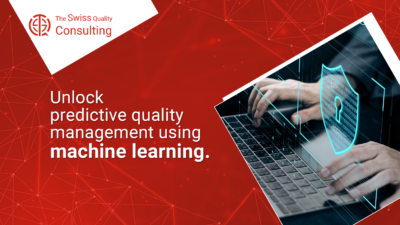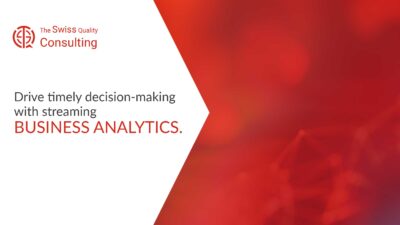Empowering Executives: Understanding the Decision-Making in Drug Misuse Process
Decision-Making in Drug Misuse, executives, mid-level managers, and entrepreneurs constantly grapple with decision-making. Similarly, individuals facing drug misuse confront critical choices. The quote, “Drug misuse is not a disease, it is a decision, like the decision to step out in front of a moving car. You would call that not a disease but an error of judgment,” prompts a reflection on decision-making processes. This article explores the parallels between business decisions and personal choices, emphasizing the need for effective strategies in change management, leadership, and communication to address drug misuse.
Decisive Leadership: A Business Imperative
The weight of critical decisions hangs heavy on both the executive in the boardroom and the individual battling drug misuse. While the landscapes may differ drastically – spreadsheets versus street corners – the essence of their struggles shares a remarkable common thread: leadership. Both require the same steely resilience to face down adversity, the unwavering empathy to understand complex motivations, and the decisive action to forge a path forward. It’s in this shared crucible of choice that we discover a surprising truth: the tools that empower leaders in the business world can illuminate the path for those grappling with addiction.
Imagine two individuals grappling with momentous choices. In the glass towers of corporate HQ, an executive stares down a complex merger, weighed down by the potential to make or break the company. In a grimy alleyway, another wrestles with the siren song of a relapse, the consequences threatening to shatter their fragile sobriety. The pressures may be distinct, the stakes seemingly worlds apart, but the internal battles share a profound similarity. Both need leaders – one within, one without – to guide them through the labyrinth of doubt, fear, and temptation.
This is where executive coaching, often associated with honing business acumen, transcends its traditional boundaries. By equipping individuals with the very skills that empower boardroom leaders – resilience in the face of setbacks, empathy to understand their own triggers, and the decisiveness to chart a healthier course – coaching can become a beacon in the murky waters of addiction. Through personalized guidance, individuals learn to build emotional intelligence, identify healthy coping mechanisms, and make choices aligned with their long-term well-being.
Of course, this isn’t a magic wand, a one-size-fits-all solution. But it’s a powerful tool, akin to a well-honed compass, that can help individuals navigate the treacherous terrain of addiction recovery. When paired with professional treatment and support networks, executive coaching can create a nurturing environment where positive decision-making thrives. It fosters self-confidence, empowers individuals to become their own internal leaders, and equips them with the tools to navigate the inevitable curveballs life throws their way.
So, let’s move beyond the artificial divide between boardrooms and back alleys. Let’s recognize the unifying thread of leadership that runs through the human experience, regardless of context. By extending the reach of executive coaching beyond its traditional domain, we can empower individuals struggling with addiction to become the heroes of their own stories, making critical choices not out of desperation, but with the strength and clarity of true leaders. In doing so, we illuminate a path not just for individual recovery, but for a society where leadership, in all its forms, becomes a beacon of hope for every soul facing a pivotal decision.
Understanding the Change Process
Change management is inherent in both business and personal contexts. Executives drive organizational change, while individuals combating drug misuse undergo personal transformations. Effective change management involves acknowledging the need for change, setting clear objectives, and ensuring effective communication. Drawing parallels, the article advocates for comprehensive change management strategies to address drug misuse, emphasizing the importance of seeking professional support.
Communication Strategies for Support
Effective Communication: A Bridge to Recovery
In the business world, effective communication is pivotal for success. Similarly, individuals facing drug misuse require open and supportive communication channels. The article underscores the significance of empathetic communication in addressing personal challenges. It promotes the idea that just as executives communicate a vision for business success, individuals seeking recovery should communicate their goals to support networks and professionals.
The Role of Generative Artificial Intelligence in Rehabilitation
Technological Integration for Personal Growth
Generative Artificial Intelligence (GAI) plays a transformative role in businesses, optimizing processes and decision-making. Drawing an analogy, the article explores the potential of GAI in personalized rehabilitation programs. Tailored approaches, guided by AI, can provide insights into individual needs and support effective decision-making in the journey to recovery from drug misuse.
Risk Management Strategies: Navigating Personal Challenges
Applying Business Strategies to Personal Decisions
Executives are well-versed in risk management to navigate business challenges. Individuals addressing drug misuse can adopt a similar approach. The article proposes the application of risk management strategies in personal decision-making processes. Seeking professional guidance, understanding potential risks, and implementing mitigation plans align with the principles of business risk management.






















